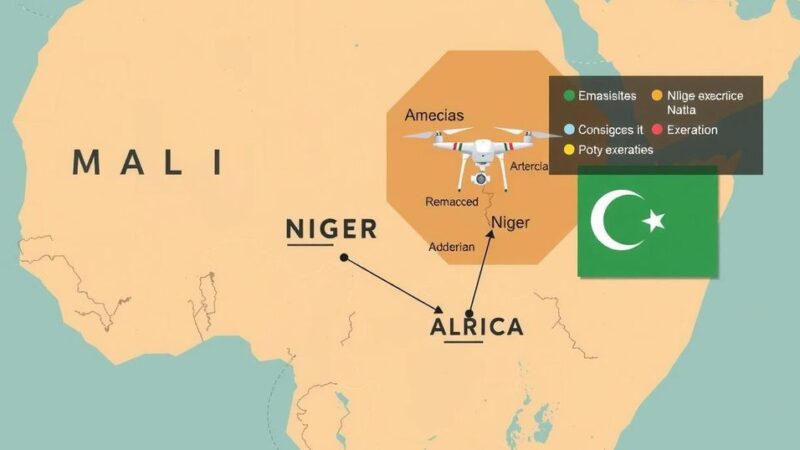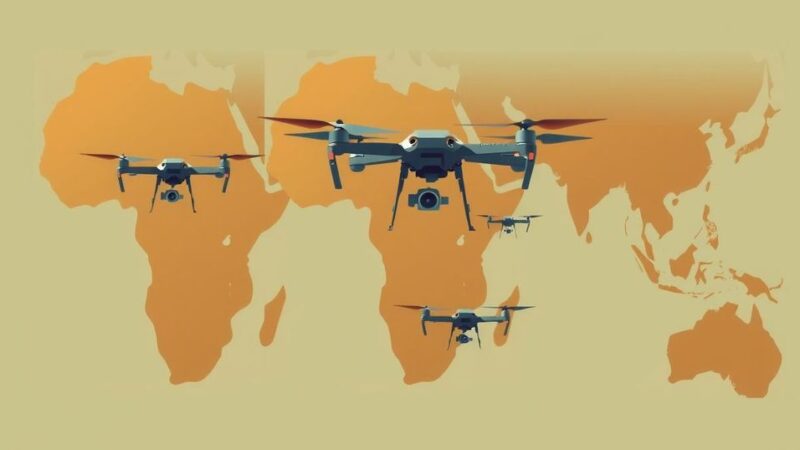The UN’s WFP has closed its Southern Africa office due to funding shortages, impacting its ability to combat food insecurity in the region. This move highlights the ongoing financial struggles faced by humanitarian organizations, necessitating more sustainable funding mechanisms and partnerships to support vulnerable populations effectively.
In a significant development, the United Nations’ World Food Programme (WFP) has announced the closure of its Southern Africa office due to inadequate funding. This decision underscores the critical impact of financial constraints on humanitarian operations in the region, where many rely on aid for survival. The closure may hinder efforts to combat hunger and food insecurity, particularly as the region faces increasing challenges from climate change and economic instability.
The WFP’s closure is part of a broader trend, showcasing the ongoing struggle for resources faced by international aid organizations. As funding becomes increasingly scarce, the ability to provide essential services and support to vulnerable populations is severely compromised. The withdrawal of WFP from Southern Africa emphasizes the urgent need for more sustainable funding mechanisms to address the escalating humanitarian crises.
Moreover, the decision reflects the WFP’s commitment to responsibly manage its resources amid rising operational costs. It reinforces the importance of partnerships and collaboration with other stakeholders, including governments and private sectors, to secure vital funds. Without such collaborations, future humanitarian efforts may be jeopardized, resulting in dire consequences for those in need.
The closure of the WFP office in Southern Africa highlights the urgent need for enhanced funding to support humanitarian efforts in the region. As financial pressures mount, partnerships among stakeholders become crucial to ensure that vital services are maintained. This situation serves as a wake-up call to address funding shortages and enhance support structures for vulnerable populations facing food insecurity and other challenges.
Original Source: www.msn.com






